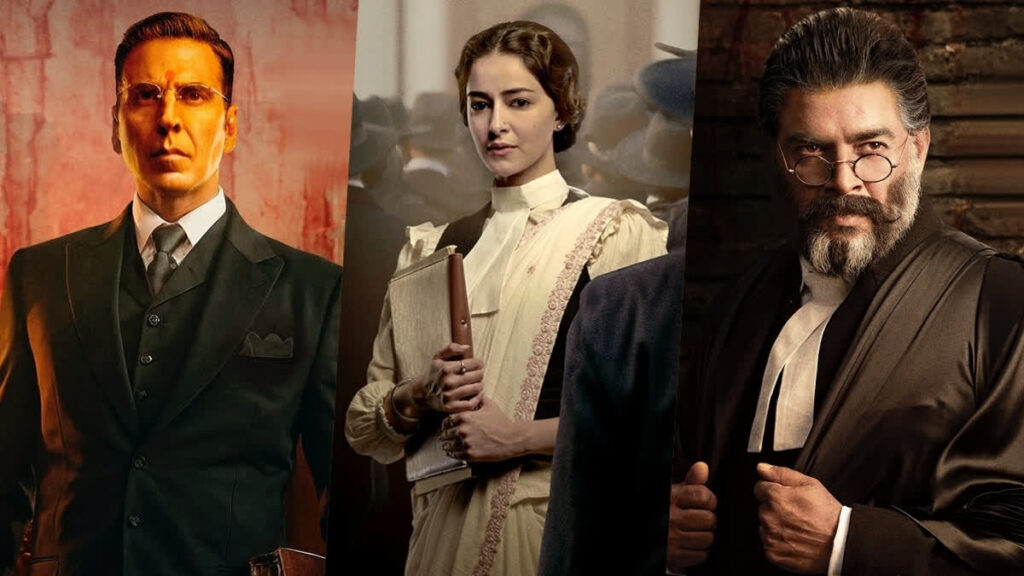
Movie Review: Kesari Chapter 2 – The Untold Story of Jallianwala Bagh
Starring: Akshay Kumar, Ananya Panday, R. Madhavan
Directed by: Karan Singh Tyagi
Genre: Historical Courtroom Drama
Language: Hindi
Movie Review: Kesari Chapter 2 – The Untold Story of Jallianwala Bagh
Starring: Akshay Kumar, Ananya Panday, R. Madhavan
Directed by: Karan Singh Tyagi
Genre: Historical Courtroom Drama
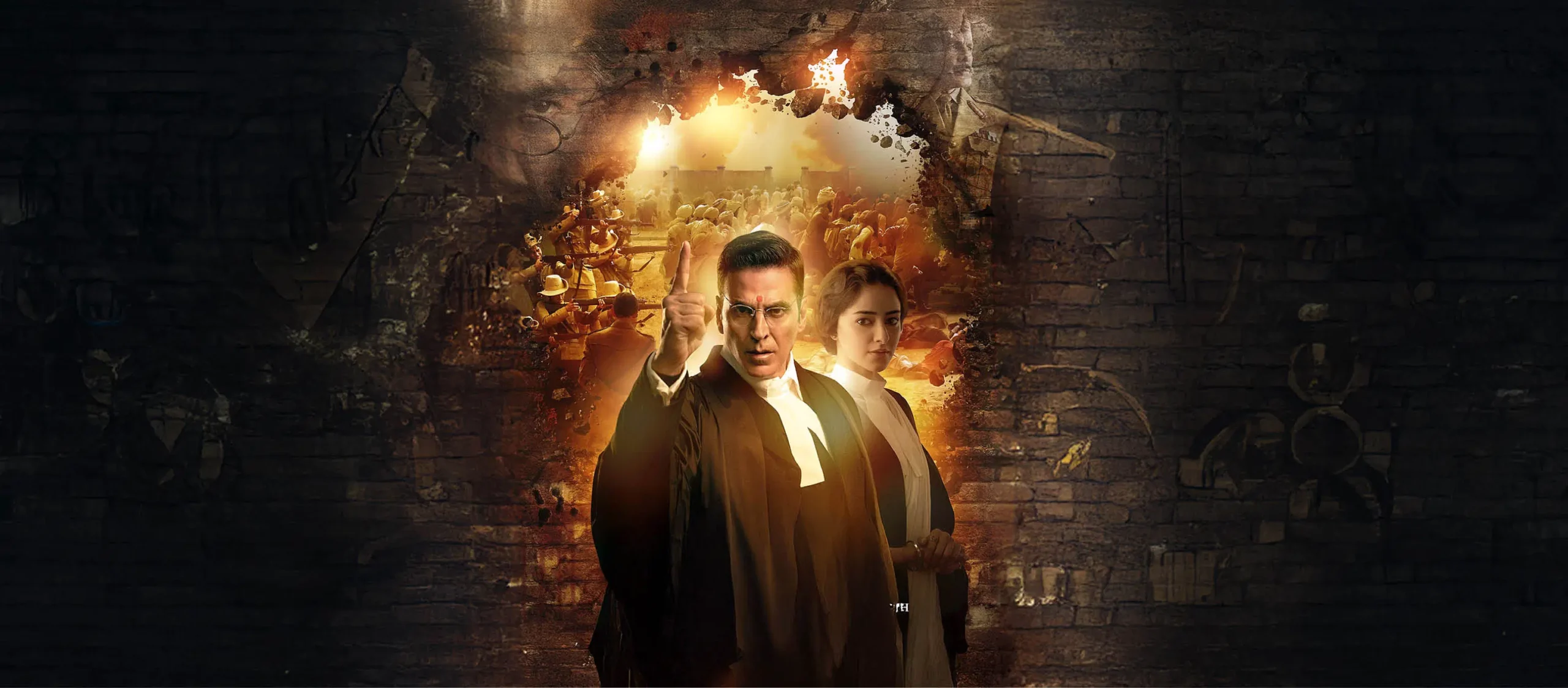
A Personal Prelude
Having recently returned from a visit to Jallianwala Bagh, memories of that melancholy destination were still fresh in my heart when I went into the theatre to screen Kesari Chapter 2. Standing on the grounds where thousands of innocent Indians were ruthlessly massacred in 1919 under General Dyer’s orders, I felt a spine-chilling silence—broken only by the whisper of history inscribed upon every bullet-scarred wall. The well into which several jumped to avoid the bullets is a chilling sight, one that lingers.
Emotionally charged with that, Kesari Chapter 2 didn’t feel like another movie—it felt personal.
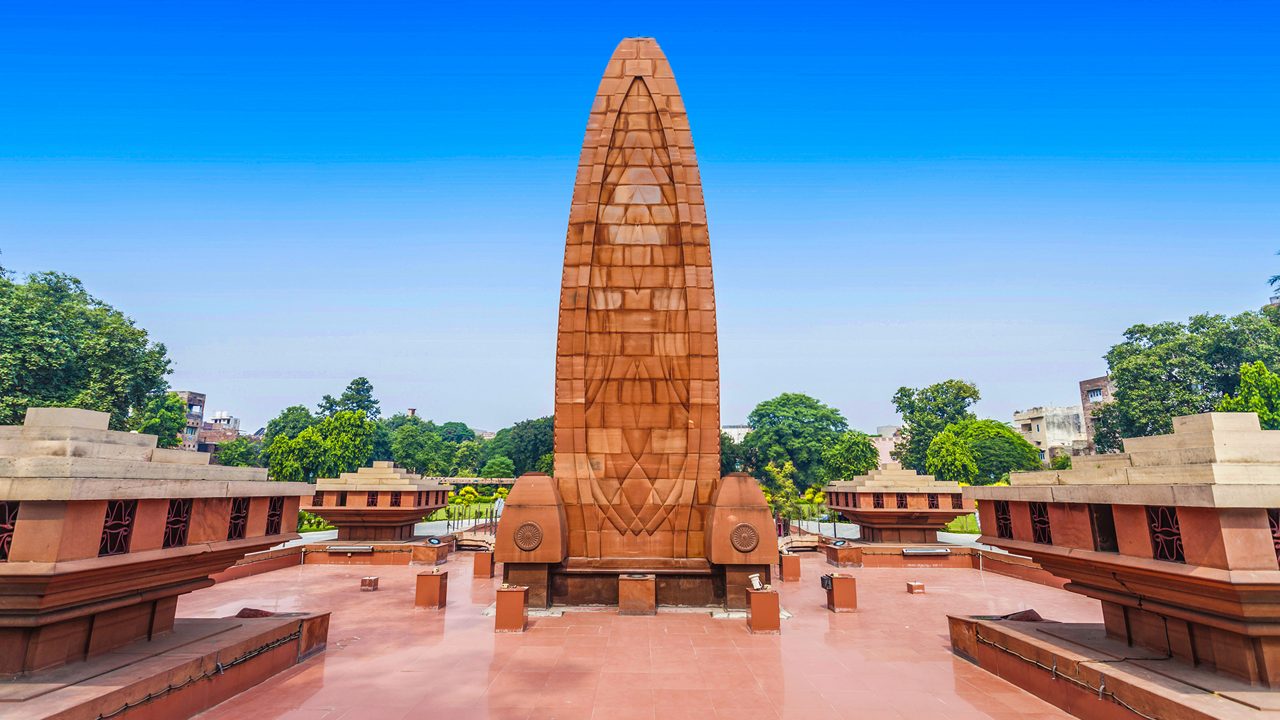
Plot & Setting
Against the poignant background of the Jallianwala Bagh massacre, Kesari Chapter 2 ventures beyond the war heroes on the battlefield of the original Kesari and explores courtroom drama, historical resistance, and political defiance.
Akshay Kumar is back, albeit not as a soldier this time, but as Justice C. Sankaran Nair, a determined and conscience-driven barrister who goes against the British Empire legally for its atrocities in Amritsar. The story revolves around Nair’s historic lawsuit and the political upheaval it initiates on a huge scale—not merely in London courts but all over a seething colonial India.
Ananya Panday defies expectations in the portrayal of Dilreet Gill, a fervent law student helping Nair. She is both a fictional link and an emotional center, embodying the youth of pre-independence India—idealistic, justice-hungry, and willing to challenge the Empire with logic, compassion, and bravery.
R. Madhavan acts Neville McKinley, the Empire’s legal front—sly, cunning, and obedient to the Crown. His quick retorts and chilly manner imbue each courtroom scene with intense tension.
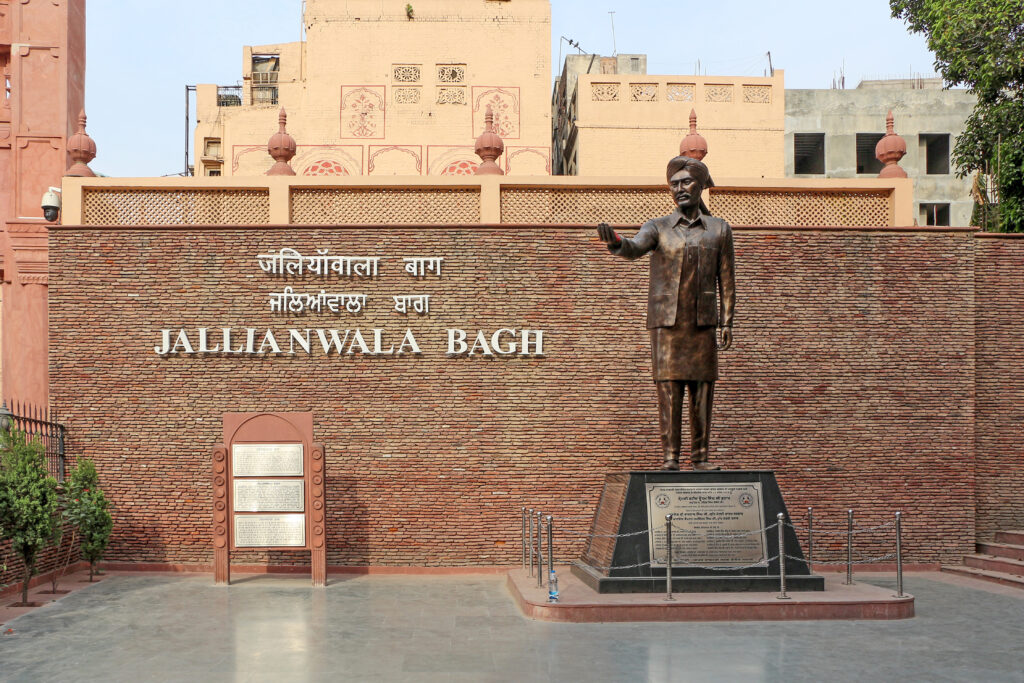
Performances That Hit Home
Akshay Kumar does not dominate through bravado, but through restraint and conviction. His performance of Sankaran Nair is dignified, conveying blazing monologues and more subdued moments of doubt with equal effectiveness. The burden of a man fighting not just an Empire but also the complacency of the elite seems genuine and unvarnished.
Ananya Panday demonstrates incredible improvement as an actress here. Her rapport with Akshay is not flirtatious but respectful, mentor-student, and has subtle emotional punches. As Dilreet, she lends a face to all those unsung youngsters who stood behind India’s giants.
Madhavan, although not the main protagonist, leaves a powerful impact as the villain. His act is cold, methodical, and chillingly plausible, particularly in scenes where he justifies the indefensible.
Direction, Cinematography & Score
Director Karan Singh Tyagi makes a film that is historically rooted and dramatically satisfying. The courtroom sequences are well-written, replete with legal and ideological tension. He strikes a balance between the black-and-white purity of history and the grayness of political expediency and personal morality.
The cinematography warrants a particular mention—gloomy, atmospheric, colonial-courtroom visuals juxtaposed against flashback sequences of the massacre itself. The visuals do not sensationalize the tragedy but pay homage to its emotional heft.
The music, scored by Javed Ali with vocals by T-Series, lifts particular moments. Songs such as \”O Shera – Teer Te Taj\” resonate with the agony, resistance, and soul of the freedom struggle without overwhelming.
Emotional Impact
The most poignant moment of the film, for me, is when Nair reads out the eyewitness testimony from Jallianwala Bagh. Children, women, elderly people—all not merely casualties, but human beings who were lost in an instant of colonial brutality. Having just been at that very location, those words weren’t lines of dialogue—they were the echoes of the actual voices stuck within those walls.
This isn’t a movie you “watch.” It’s a movie you feel—particularly if you bear the weight of history, as I did while entering that cinema auditorium.
Final Verdict
(4.5/5)
Kesari Chapter 2 is not only a sequel—it’s a makeover. It shifts from battlefield bravery to intellectual bravery. It narrates a lesser-known story, through characters history nearly forgot. And it asks us to question: how much do we actually know about the battle for India’s freedom?
If you’ve ever stood at Jallianwala Bagh, or even imagined what it must have felt like to be there in 1919, this film will strike a chord. It’s a must-watch for every Indian, and an important reminder that justice isn’t always served on the battlefield—sometimes, it begins in a courtroom.


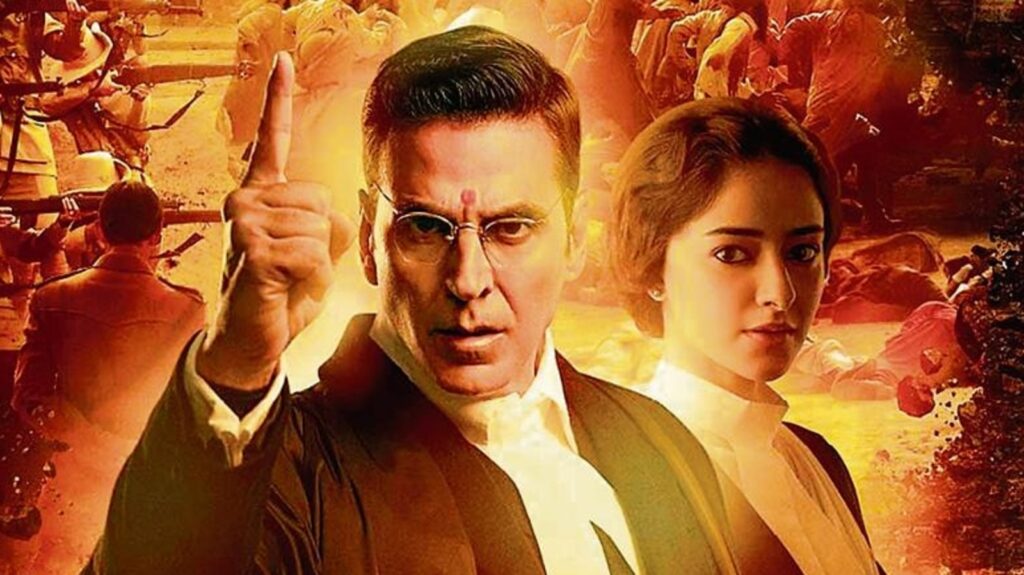



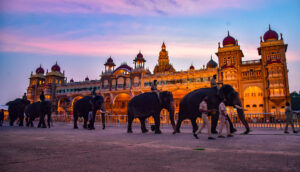
More Stories
IndiGo Plunges Into Crisis: Questions Over Airline Planning
Asia at Boiling Point: How Weather Is Rewriting the Region’s Future
Maithili Thakur: From Folk Singing Sensation to Rising Political Star